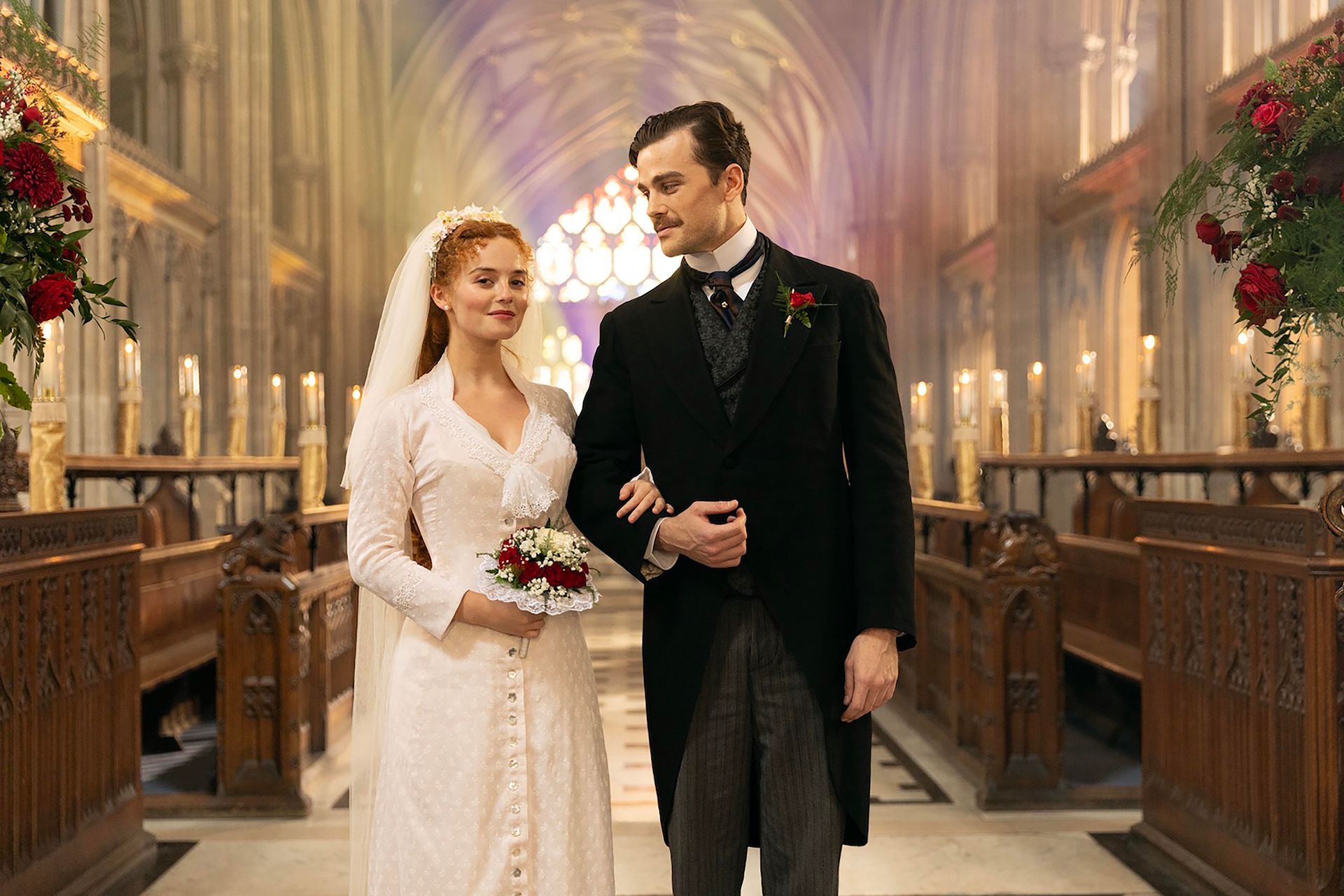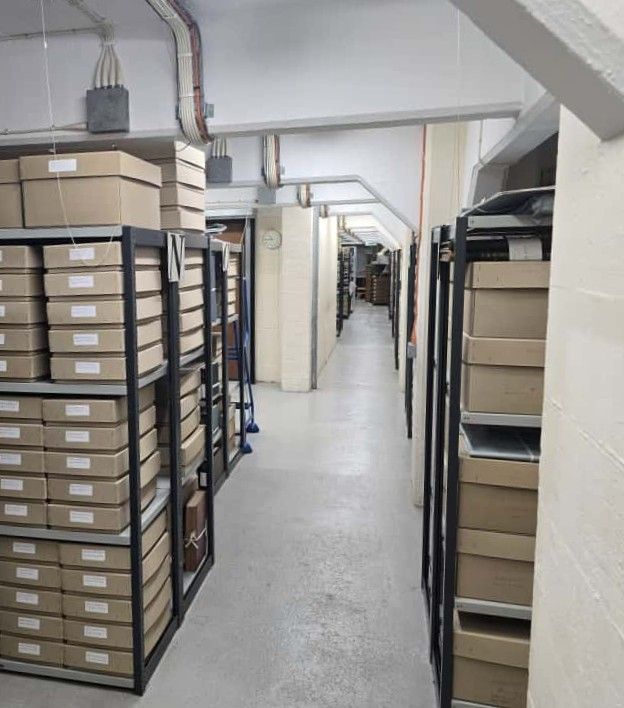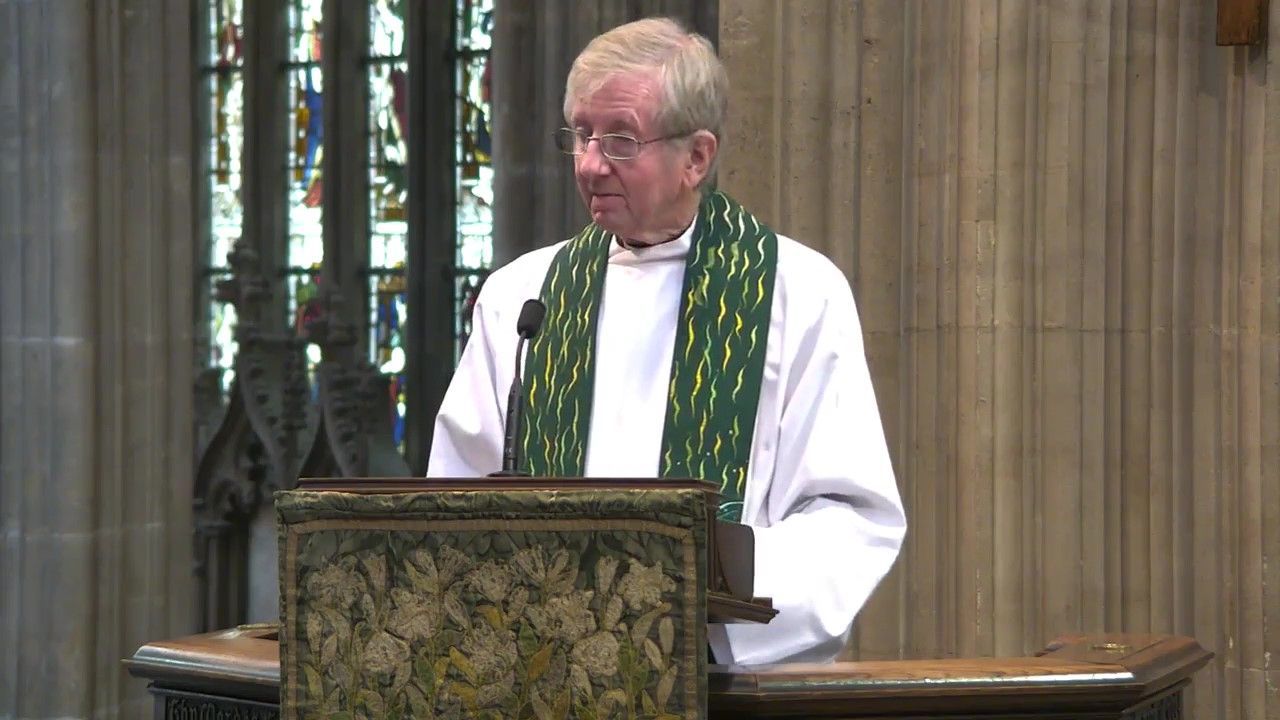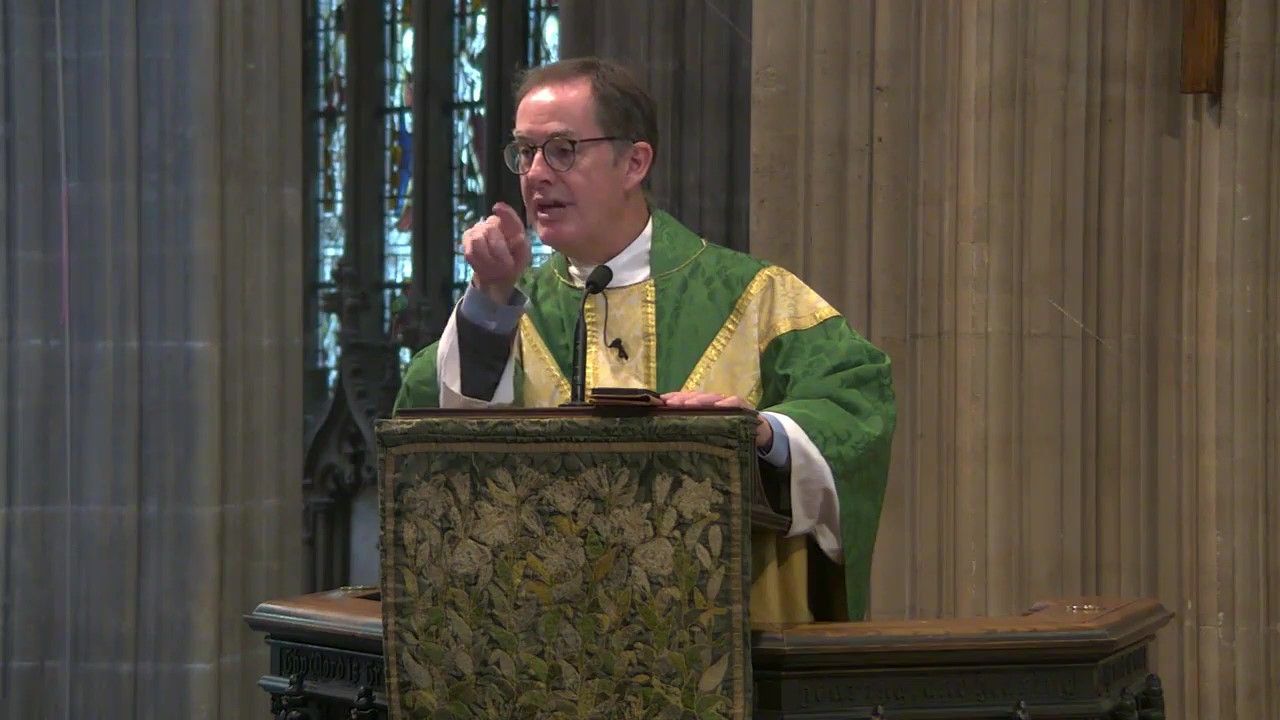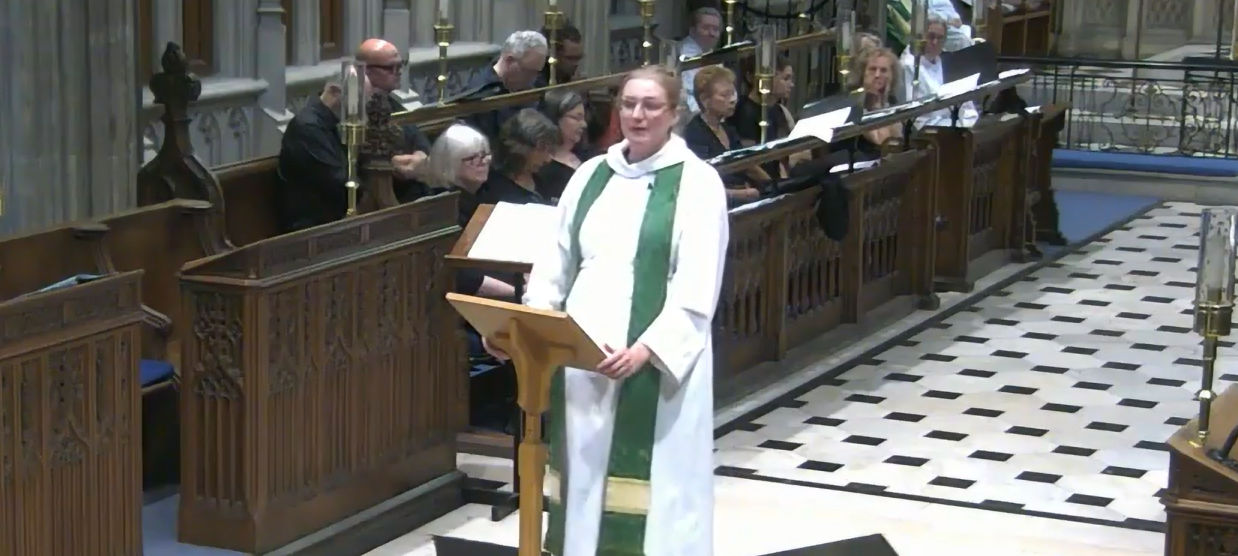Do not lose heart
So says Paul, writing to the church in Corinth. Easy to say, less easy to live by. When the world around us seems full of loss and anxiety and fear; when we are still held captive by an unseen, yet ever present, virus which might be getting worse; when the lifting of restrictions which has seemed likely are now retreating to the edge of the horizon .. it's all very well to say "Don't lose heart".
Many of you will know of Julian of Norwich, a fourteenth century anchoress living in Norwich whose writings and reflections travel the centuries with consummate ease. In one of her 'shewings' (or visions) she reports the words of Jesus as: "He did not say, 'You shall not be tempest-tossed, you shall not be work-weary, you shall not be discomforted'. But he said, 'You shall not be 'overcome.' God wants us to heed these words so that we shall always be strong in trust, both in sorrow and in joy."
At the heart of our faith we are called to live in the world as it is, in the kingdoms of this world, for Christians have no exemption from the 'slings and arrows of outrageous fortune'. At the same time we are called to inhabit the world as it will become, to live as if within the kingdom of heaven, to have confidence in that prophetic imagination which calls to a place of righteousness, hope and joy ... or, to pick up on our vision statement, we are called to sing the song of faith and justice.
When we read of - or experience - sexism, racism, homophobia and the like, we can, and we should, denounce and lament: not just for the actions themselves, but also for the sluggish speed of change towards equality in diversity. But we should also do our very best not to lose heart.
65 years ago, in Montgomery, Alabama, a federal court ruled that racial segregation of buses was unconstitutional. Progress is lamentably slow, but things have changed.
40 years ago, again in the USA, the first official cases of AIDS were reported. The trauma of the times were captured horrifyingly well in Channel 4's drama It's a Sin and yet now gay marriages are lawful and on programmes like Bake Off women talk about their wives, and men their husbands, with batting an eyelid.
Closer to home, it's one year since the statue of Edward Colston was toppled from its plinth and tipped into the harbour. M-Shed has just opened an exhibition The Colston statue: what's next? and is wanting comment and opinion. The Church of England has just released its own thinking about how churches and cathedrals should consider the Contested Heritage within church buildings, and our own Project 450 is actively investigating how we will tell the untold stories of the transatlantic trafficking of enslaved Africans.
There is much more to do, and we could be overwhelmed by the challenges of the present fuelled by the failures of the past. Yet we are enjoined: Do not lose heart.
As we contemplate the magnitude of the pandemic or the seemingly intractable issues in society, we are encouraged to hold fast, to not lose heart and to believe that there are better days to come.
More than that, we not only know that there better days to come in this world; but also we, of all people, have hope in something more than those better days; something which is known and yet not seen, something which is true and yet not proven, something which is eternal: that love of God which calls us to have hope, calls us to sing of faith and justice, and will, in the end, call us home.
